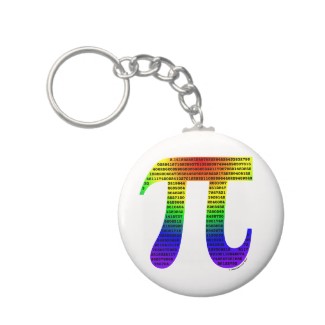Before I get into any topics of substance, I thought I would define my terms, as the professor would say.
Aspie and AS are both short for Asperger’s Syndrome, a condition where the brain is wired differently than normal. In severe cases, this rewiring can cause autism, but most Aspies are able to become productive members of our modern world, if seen as a bit quirky.
I won’t give a dictionary definition of Asperger’s, but you can Google Asperger’s Syndrom and pick the definition of your choice.
There are several other brain wiring issues that aren’t quite AS, but are similar enough to be covered in my blog:
- NLD stands for Non-verbal Learning Disorder. There’s some debate on whether NLD is or is not on the autism spectrum, but there are strong similarities. The main distinction is that people with NLD have problems decoding any and all non-verbal information, while Aspies can have excellent visual learning patterns.
- PDD-NOS is short for Pervasive Development Disorder, Not Otherwise Specified. In plain English, this means a person doesn’t have NLD, or Aspergers, but definitely has something like them.
These definitions have a lot of “gray areas” in them. For example, my daughter, pseudonymed Ocelot, was first thought to have NLD. Three years later, she was evaluated again, and her visual skills had strengthened quite a bit, so NLD no longer fit. But she doesn’t fit the classic pattern of Aspergers, so she’s currently labelled PDD-NOS.
A few other terms I may use:
- on the spectrum, a blanket term for anyone who has any autism spectrum condition, mild or severe or anything in between.
- NT – neurotypical, the term used for people who are not on the spectrum.
- Gifted, GT – Lots of people with Asperger’s are smarter than average, either in a few areas or overall. The term Gifted refers to anyone of above average intelligence, and can be subdivided (these are general descriptions, with plenty of exceptions):
- Moderately Gifted – one is smarter than average, but fits in well with average people in school and in life
- Highly Gifted – some form of advanced work is needed in school, and adults are noticeably smarter than average.
- Exceptionally Gifted – advanced work is definitely needed, such as a grade skip or special full-time GT program. EG adults can definitely have trouble relating to those of average intelligence.
- Profoundly Gifted – the “scary smart”. These are the kids who enter college at age 10, and the adults are almost too smart to fit in anywhere.
- Twice-Exceptional, 2E – 2E simply means a person is both Gifted and has some other issue, usually a learning difference such as AS, ADHD, or similar. This term is usually applied to students who need special services at school.
- Special Education, SPED – When kids going to school need services and accommodations beyond the usual, this is handled by SPED staff. The student is evaluated first, and if eligible, an IEP, Individual Education Plan is prepared, outlining the specific services and learning goals for that student.
- DH, DS, DD, etc. are standard internet terms for our loved ones: dear husband, dear son (or sister), dear daughter, … If I use one of these and the meaning isn’t clear, call me on it!
If I use any other terms, I will define them in context; if I use them often, I’ll add them to this post.





